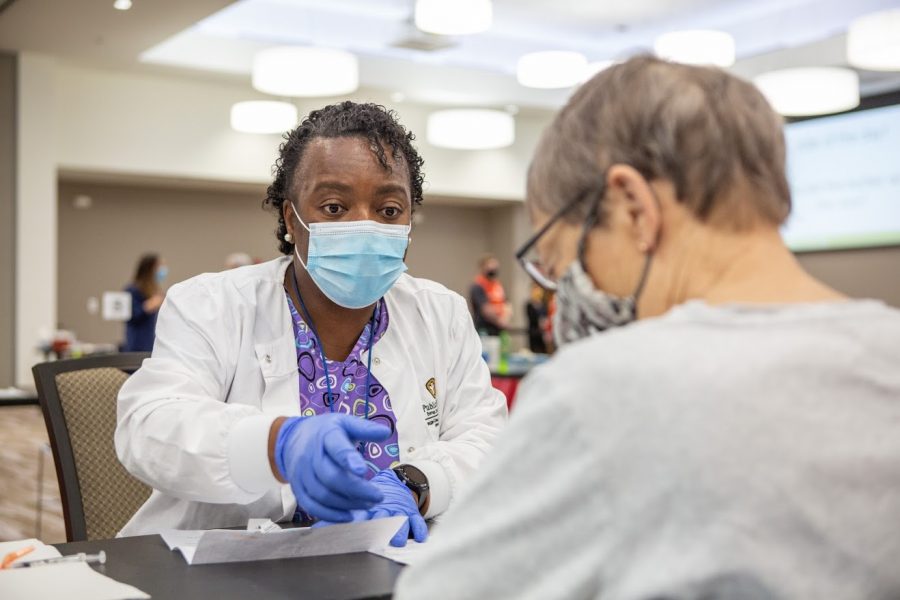Opinion | COVID-19 threatens America’s national identity
Mar 31, 2021
As the COVID-19 vaccine rollout progresses, there understandably exists a collective sense of relief in the American public. The reopening of society is a renaissance where both connections and social engagements can flourish.
Following the end of lockdown, there is a good chance that for a few months, there will be a festive air of hope and excitement. Still, when this fades and the monotony of daily life resumes, humanity will be forced to confront the lockdown’s long-term impact on the economy and the people who endured it.
It is not a unique or unpopular opinion to say that COVID-19 will be felt long after the last person is vaccinated, but there are many less obvious ways that this might manifest. Young people in particular had their lives altered radically, with college and high school sublimating into Zoom calls and online discussion forums.
Of course, many people were forced to move online for work and school, but to miss one of only four years of college is much more significant than missing one year of potentially decades worth of experience at a single job.
Things like a senior year of high school, a freshman year of college or the first year starting out in the workforce seem trite upon initial inspection, but these milestones serve an extensive, pivotal purpose: they moor people to a common cultural identity as Americans.
Get The Daily Illini in your inbox!
When people’s cultural experiences begin to vary widely within their civilization, particularly with America, citizens therein examine what it means to be a resident — an American, within this case. This is an issue that will arise around much of the world, particularly within the developed world. However, in a country as diverse as America this issue will be exacerbated further.
In many ways, this problem has been a long time coming. National identities withering as a force that binds Americans together will inherently lead to further destabilization of a country that is undoubtedly dealing with a slew of civil issues: a stagnating economy, rising civil unrest and distrust of institutions.
Among the many pandemic-revelations, the most observable is America’s current trajectory toward being unsustainable and approaching immense internal pressure.
If people’s identity as Americans is challenged by their lived experience, that identity may be called into question. If America is to maintain its position of power and fancy itself a “land of opportunity,” a prolonged and arduous road lies ahead.
Dylan is a senior in Media.






